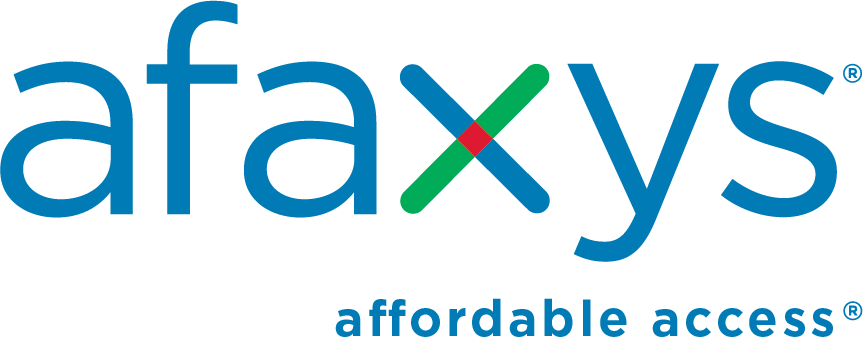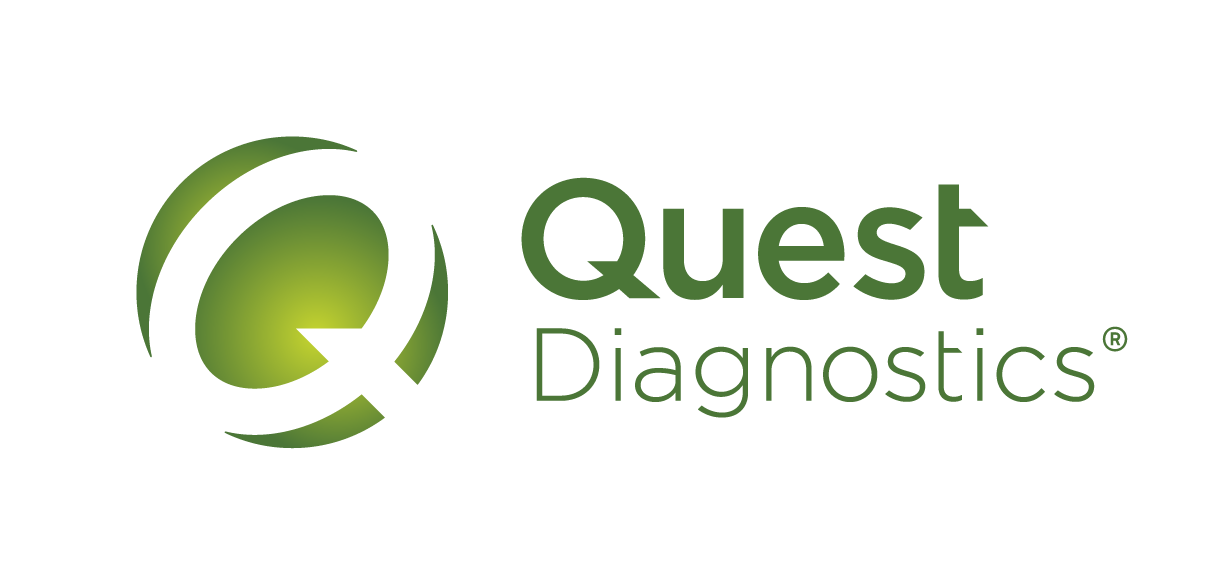In this multi-part series, we explore considerations and approaches for helping clients decide if, when and how to respond to pressing social/political issues.
Authenticity, Urgency, Empathy. As our socio-political world becomes increasingly complex, there is a heightened expectation for companies to take a stand on hot-button issues – and to do it right. With silence often no longer an option, companies have become increasingly intentional about sharing their perspective on everything from environmental sustainability to Black Lives Matter. Yet decisions on the if, when and how to communicate need to be grounded in ensuring the message is timely, authentic to their ability to meaningfully have a voice on the issue and empathetic to the needs of their internal and external stakeholders. With the recent decision by the Supreme Court to overturn Roe v. Wade, companies are faced with another key moment in time to assess response, and thoughtful communications counsel can help them navigate issues that often present more questions than answers.
In Part 1 of this series, we’ll explore one stakeholder group that’s often driving the need to engage with societal issues and that should be made apprised of any corporate stance: Employees.
Understanding Employee Expectations: Companies can at times be so focused on building their external reputation that they neglect communication to their most valuable stakeholder group – their employees. With societal issues taking an increasing mental and emotional toll on employees and their ability to show up as their best selves at work, any company response/action must prioritize their wellbeing and consider their perspectives and expectations.
While not all employees will feel the same way about a particular issue, many now expect employers to have a voice and take meaningful action. That means, inaction or “going dark” in the wake of a large social issue could signal indifference and jeopardize trust and credibility in the employer. When done right, (remember: authenticity, urgency and empathy) a company’s strategy for internal communication on societal issues can drive greater employee engagement, pride and a deeper connection to their core values and purpose.
- Key Considerations:
- Companies can’t, and shouldn’t, attempt to take action on every topic. Build a response framework that balances expectations to respond with a company’s core values, strategy and needs of the business
- Set guidelines for the level of response required: go all in and lead on certain issues, participate or simply prepare for others, and stay silent when appropriate
- Creating an internal taskforce made up of key stakeholders (communications, HR, crisis response team, etc.) can ensure and consistent messages that align with the overall response strategy
- Ensure internal communications are consistent with what, if anything, is being shared externally
Matching Words to Action: In the landscape of “woke-washing,” or appearing socially conscious without any substance, companies are under scrutiny of falsity when their words aren’t backed up by meaningful action. Messages of “we stand” or “we are committed” should be followed by proof points of tangible examples, goals and progress of that commitment (i.e., medical benefits, remote-working adjustment, mental health support) and/or providing resources for employees to make an impact should they chose (i.e., internal surveys to improve company offerings, sharing donation information and/or matching donations).
- Key Considerations: In addition to potentially identifying new ways/benefits to provide to employees based on your company’s mission and values (i.e., providing reimbursement for travelling to other states in the case of Roe v. Wade), reinforce and/or revisit existing offerings and re-iterate availability. Doing so provides credibility that the company is proactively supporting its employees while also ensuring that groups who may not agree with social sentiment don’t feel marginalized with new offerings that may not be aligned with their personal beliefs.
After an internal statement is made to employees, the next step will be to consider external communications. We will explore considerations of external engagement, and the various levels, in Part 2 of this series.
Whether speaking about Roe v. Wade or any other important social issue, companies that are authentic in their approach, demonstrate an understanding of stakeholder needs, and a commitment to keeping employees apprised of company positioning/offerings, will be positioned to not only weather any storm but come out stronger on the other side.
















